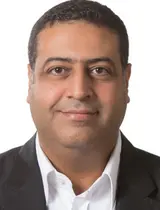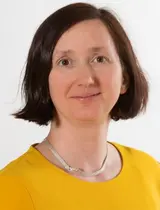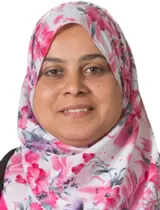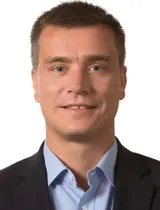Higher Education in Tunisia: Challenges and Opportunities
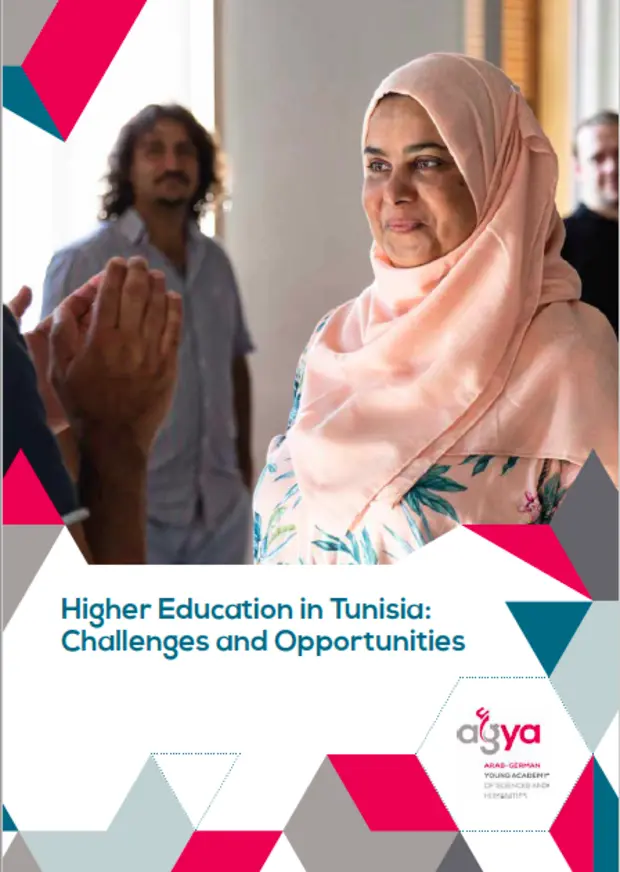
Published: 2019
Abstract
Education is a high priority for Tunisia. In 2015, according to the UNESCO Institute for Statistics, 22.9 % of the Tunisian government’s total expenditure for the year went to education. Of that, nearly a quarter (23.9 %) was dedicated to tertiary education. The tertiary education system in Tunisia includes 204 public Higher Education Institutions, of which 13 are universities, as well as a network of 25 Higher Institutes of Technological Studies (HITS). In recent years, private tertiary education has also rapidly developed in the country, with the number of private university-level Higher Education Institutions growing from 39 in 2010 to 75 in 2018.
Despite the high level of government spending on education in Tunisia, however, the employability of graduates remains low, representing a significant challenge for the tertiary education sector. Many experts note a mismatch between graduates’ qualifications and the demands of the labour market, particularly in terms of necessary technical and soft skills. How can tertiary education pedagogy be adapted in order to address these challenges and improve employment rates for graduates? What can professors and educators do to better help students develop transferable skills to improve their education-to-work transition and make them more flexible in their career paths?
Through interdisciplinary and cross-cultural collaboration, members of the Arab-German Young Academy of Sciences and Humanities (AGYA) have been tackling just such questions about the higher education sector in Tunisia. In May 2018, for instance, the AGYA Working Group on ‘Arab and German Education’ organized a three-day conference in Tunisia entitled ‘Impact of Education on Employment: Cases from Germany and Arab Countries’. Meanwhile, in August 2018, AGYA members Tobias Redlich and Henda Mahmoudi organized a hands-on workshop in which eight highly motivated students from the National Engineering School of Tunis (ENIT) came to Germany to build an open source dual laser cutter from scratch in just one month. For the Tunisian students, the workshop offered an excellent opportunity for deep, interactive learning in an intercultural environment. In October 2018, this project was presented as part of an AGYA organized panel on ‘Science Education and Experimental Pedagogies’ within the Conference ‘Formation à l'Esprit Scientifique et Pédagogies Expérimentales d'Apprentissage’ (FESPE 2018)’ held at the Tunisian Academy of Sciences, Letters and Arts, Beit Al-Hikma.
This brochure provides insight into different AGYA projects related to challenges and opportunities of the higher education system in Tunisia.
The policy recommendations focus on employment readiness among young graduates, with an emphasis on how North-South-South collaboration could help curb youth unemployment. They were developed by Academy members and international experts from over ten countries in the conference ‘Impact of Education on Employment: Cases from Germany and Arab countries’.
- Arab-German Young Academy of Sciences and Humanities (AGYA)
